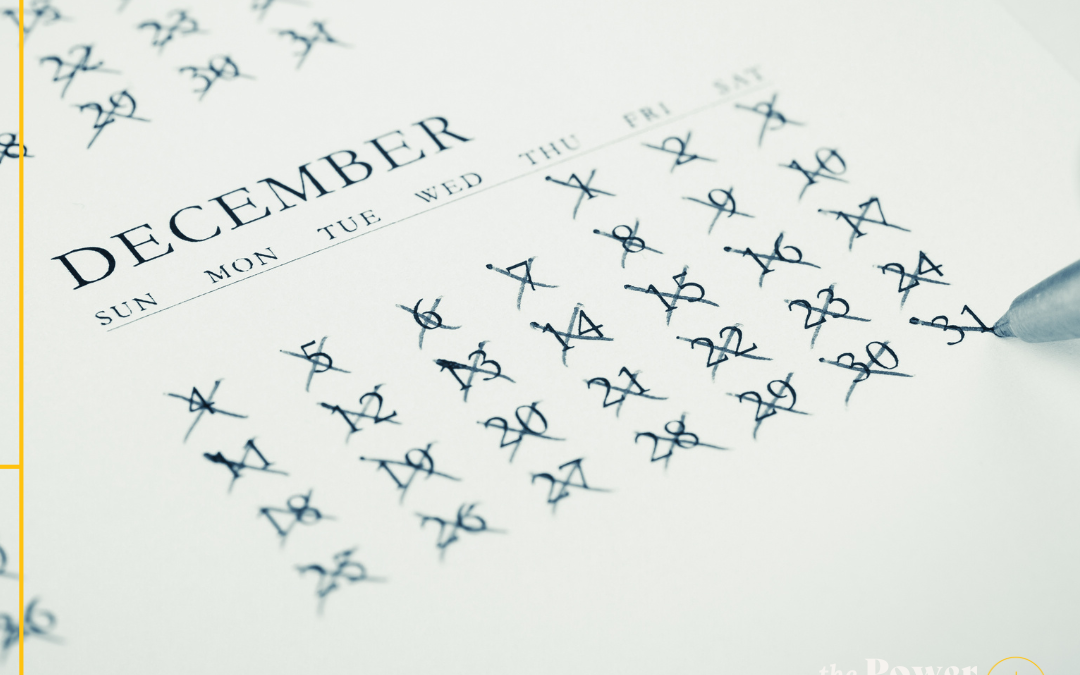IRAs are designed primarily as retirement-saving tools, but if you don’t need the funds for retirement, they can provide a tax-advantaged source of wealth for your family. For example, if you name your spouse as beneficiary, your spouse can roll the funds over into his or her own IRA after you die, enabling the funds to continue growing on a tax-deferred basis (tax-free in the case of a Roth IRA).
If you name a child (or someone other than your spouse) as beneficiary, that person will have to begin taking distributions immediately. But if the funds are held in an “inherited IRA,” your beneficiary can stretch the distributions over his or her own life expectancy, maximizing the IRA’s tax benefits.
Please contact us for further information or ask about the benefit of IRAs in your estate plan.





